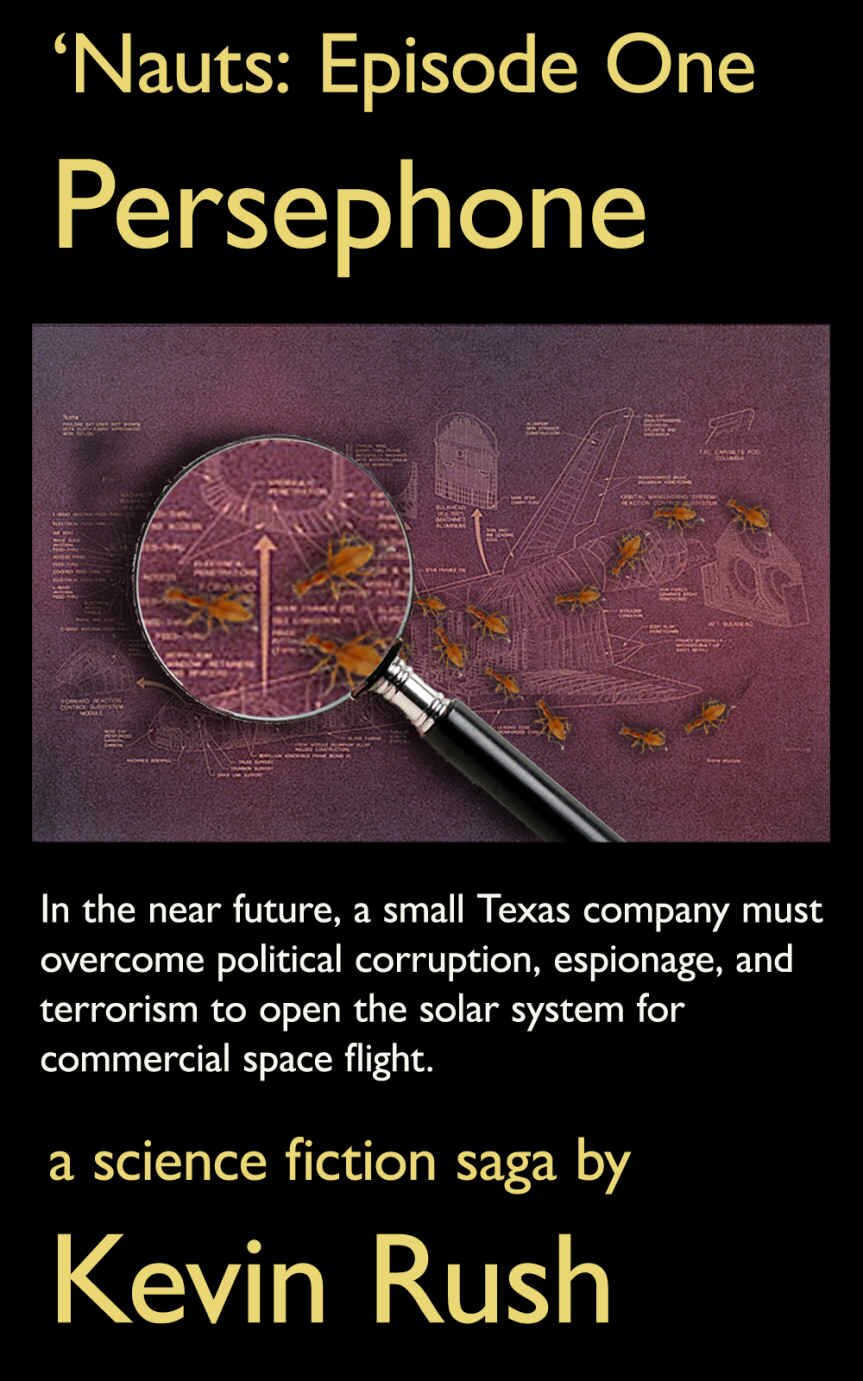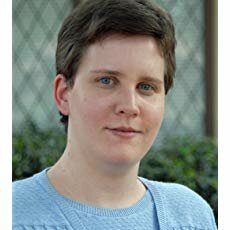“It’s my opinion that if you look at the world around you, you have the choice to either be dispirited or inspired. If you’re looking for inspiration, it’s there in abundance.”
Kevin Rush is a busy Catholic author. While many of his works are coming of age novels set in the 1970s, he’s also written science fiction and horror.
Tamara Wilhite: Can you tell me about your ‘Nauts series?
Kevin Rush: I’ve always loved science fiction, as long as it was rooted in the human experience, and wasn’t all about the gadgets. I read a lot of H.G. Wells, Robert Heinlein and Arthur C. Clarke in my youth. With ‘Nauts I saw an opportunity in the emerging private sector space race to tell a story of competition between capitalist entrepreneurs and crony capitalist/Socialist corruptocrats. It’s sort of in the libertarian vein of Heinlein, but with more natural dialogue and less overt lecturing. There’s a Texas company, Lone Star, that contracts with the government for work in space, but is frustrated at every turn by a ruthless oligarch, D’Arcy Sinclair, who has her own politically connected aerospace enterprise. It’s a contest between brilliant innovators and brilliant schemers, as technology advances to the point where interplanetary travel becomes possible. The cast is diverse, the characters are rich and complex, and there’s plenty of action and suspense.
Tamara Wilhite: Is that your only science fiction series?
Kevin Rush: Yes, but I’m far from done with the genre.
Tamara Wilhite: Your “Los Lobos del Malpais” novella has been called a werewolf western. What is it about?
Kevin Rush: I think it’s fun to merge genres once in a while. Lobos is in many ways a classic western: a desolate man pushes west to for a second chance at life. But instead of encountering the privations of the wilderness, Indians and bandits, he runs afoul of a pack of werewolves. It’s kind of a fleshed-out movie treatment, and I’m sure readers can imagine James Stewart (or Joel McCrae), Walter Brennan, Jean Arthur (or Barbara Stanwyck) or some of their other favorite western actors in the roles.
Tamara Wilhite: How does story-writing compare to stage plays? You’ve written several of those to date, at least one of which won an award.
Kevin Rush: Being a playwright is sort of like being a sketch artist who hands his canvas over to a colorist for finishing. It’s a wonderful collaborative process where you benefit from the talents the director, actors and set designers, etc. bring to the production. When you write fiction, you’ve got more control, but more responsibility for supplying details for your readers. Theatre is difficult these days for Conservative Catholic straight white males.(chuckles) From sea to shining sea, American theatre is one hive-mind of liberal group think. There are a few exceptions, (Phelim McAleer, Max McLean and Robert Cooperman come to mind. Search them and support their work!) and God bless them for the pains they endure to provide a space for dissenting voices. I fear for the future of the American theatre, which is going through the middle stages of Stalinism at the moment.
Tamara Wilhite: You also write quite a bit of coming-of-age fiction like “Earthquake Weather” and “The Lance and the Veil”. Would you like to talk about those?
Kevin Rush: Earthquake Weather was my first novel. I wrote it because I was teaching at a Catholic parochial school at the time, and was disappointed that our library had no books for them that were relevant, entertaining and edifying. They were reading Goosebumps and I Know What You Did Last Summer. I decided to write a realistic teen romance/crime drama set in a neighborhood like theirs and filled with kids like them. This was in the early days of self-publishing, when there was a great amount of upfront cost. Not a financially sound move for a guy on a teacher’s salary, but I believed there was a need that should be filled. Maybe someday, I’ll break even on the venture, but in the meantime, the reader response has been very gratifying. As for The Lance and the Veil, I was intrigued from an early age about the legend of Veronica’s veil. Then when I learned about the miraculous properties attributed to the centurion’s lance that pierced the side of Christ, I thought it would be fun to place those two stories in one historical drama. I originally wrote it as a film script, but then converted it to novel form.
Tamara Wilhite: How does the marketing and sale of that genre differ from science fiction and horror?
Kevin Rush: I’m sure it confuses my audience! And most marketers would say it’s a major faux pas. Everything is about branding these days, which often means you have to choose a narrow lane and stick to it. If you’re writing for a Catholic/Christian audience, you’re expected to sanitize human experience to a certain extent. I reject that notion. Two of my favorite Catholic novels are Dracula and The Exorcist. I’ll probably never go as far as Blatty in detailing the horrors of evil, but if you dilute evil, then where’s the victory when good triumphs? If I have to pick a lane, mine would be probably conservatism, whether it’s religious or political, because I believe in the ancient wisdom that has stood the test of time and I believe strongly in individual freedom and a government whose primary duty is to protect liberty, not run lives. So, those are my bedrock principles, but I reserve the right to explore various genres.
Tamara Wilhite: What are you currently working on?
Kevin Rush: I’m about to release a novel. It’s a contemporary drama with sci-fi/fantasy elements that takes aim at the current cancel culture.
Tamara Wilhite: Is there anything you’d like to add?
Kevin Rush: At some point I’ll be getting back to ‘Nauts. I’ve got plenty of ideas for further adventures. Given the state of theatre and film these days, I’m going to spend most of my energy on fiction, and I’ve got plenty of projects in the pipeline. I hope folks who read this will follow me on Goodreads or find/like Kevin Rush Author on Facebook.
Tamara Wilhite: Thank you for speaking with me.
Kevin Rush: It’s been my pleasure. Thanks for your interest.



Comments